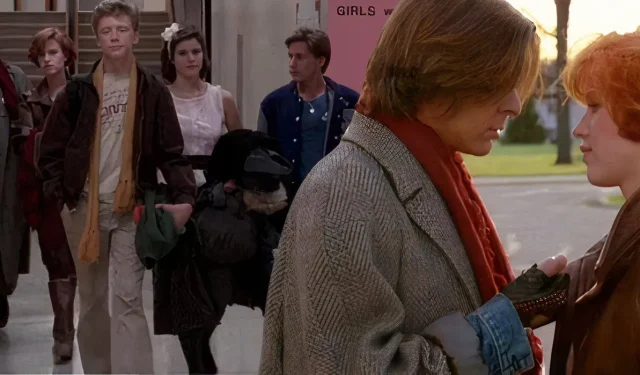
The Breakfast Club: An Iconic Ending Explored
Despite being a quintessential teen comedy, the ending of The Breakfast Club is marked by profound ambiguity and intellectual depth, leaving many storylines and questions intriguingly unresolved. Released in 1985, this film not only achieved critical acclaim but also dominated the box office. The plot centers around a diverse group of high school students brought together through Saturday detention, supervised by a strict vice principal. Credited as one of John Hughes’ signature films, it encapsulates the essence of the “Brat Pack” era, featuring celebrated performances from actors like Emilio Estevez, Molly Ringwald, and Anthony Michael Hall.
Today, The Breakfast Club continues to hold its status as a classic, resonating strongly within popular culture. Its unforgettable quotes, distinct characters, and iconic cinematic moments have etched it into the legacy of ’80s film history. However, its final scene is particularly noteworthy for the important unanswered questions it presents. Unlike typical coming-of-age narratives that clarify the characters’ futures, The Breakfast Club boldly defies genre expectations by leaving its characters’ paths open to interpretation.
Why Claire Gives Bender One Of Her Earrings
Claire & Bender’s Connection

The movie culminates with a pivotal moment when Claire kisses Bender and gifts him one of her diamond earrings. The significance of only presenting one earring rather than two is open to interpretation, yet it undoubtedly serves as a symbolic gesture. By gifting John one of her earrings, Claire expresses a willingness to bridge the gap between their disparate worlds. This olive branch represents their mutual willingness to step outside their comfort zones, and Bender’s acceptance of this gesture is crucial.
The Origin of “The Breakfast Club”Nickname
Brian’s Iconic Sign-off
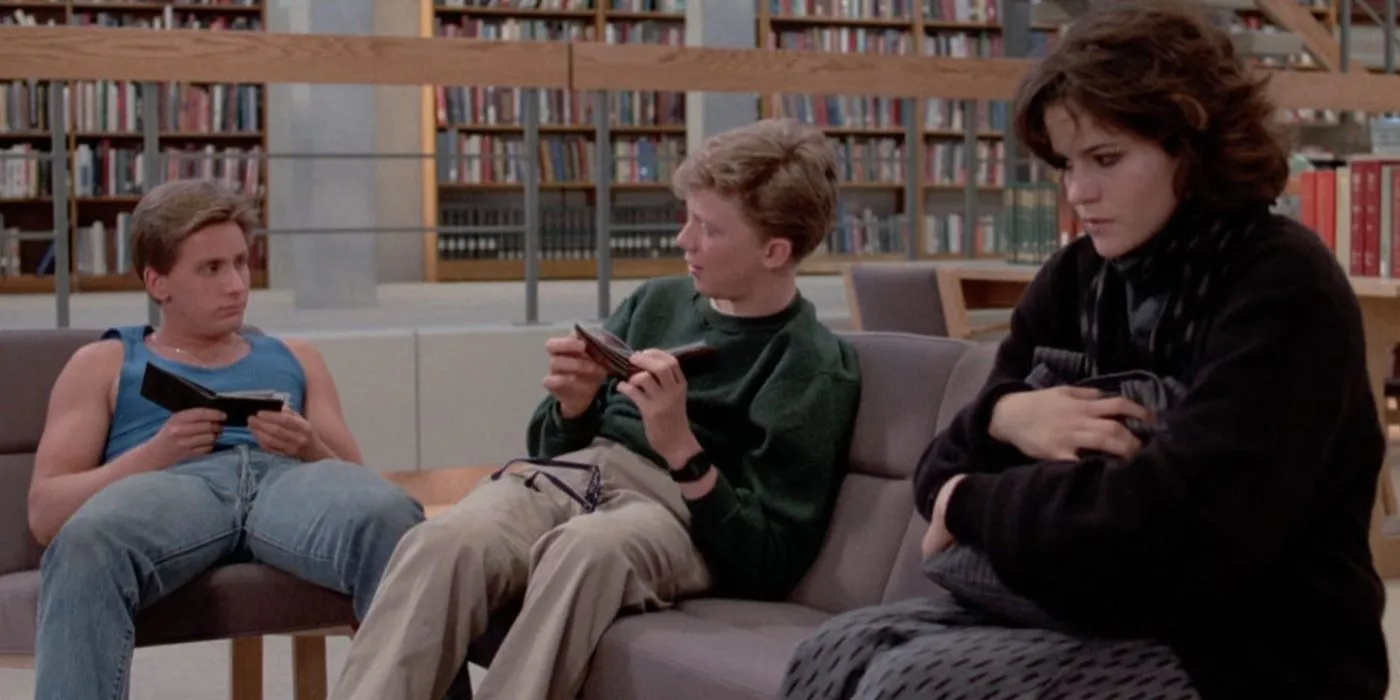
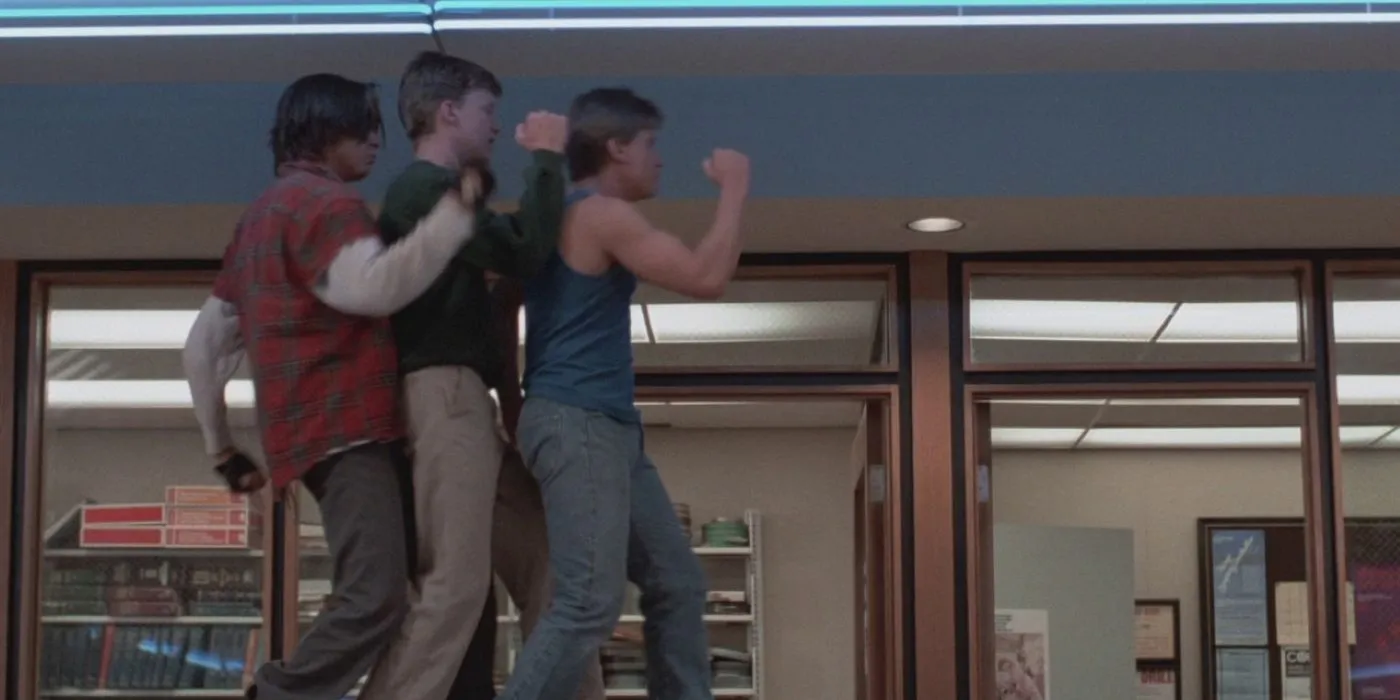

In a pivotal moment, Brian concludes his essay to Mr. Vernon with the famous line, “Sincerely yours, The Breakfast Club.” While the film doesn’t explicitly explain this nickname, it springs from real-life inspiration. Originally, Hughes had titled his screenplay “Detention,”but after overhearing a teenager refer to Saturday detention as “the breakfast club,” he transformed the title and its closing line to mirror that sentiment (source: American Film Institute).
| Actor | Character | Stereotype |
|---|---|---|
| Emilio Estevez | Andrew Clark | “The Athlete” |
| Anthony Michael Hall | Brian Johnson | “The Brain” |
| Judd Nelson | John Bender | “The Criminal” |
| Molly Ringwald | Claire Standish | “The Princess” |
| Ally Sheedy | Allison Reynolds | “The Basket Case” |
The Mystery of Bender’s Joke Punchline
An Unfinished Joke
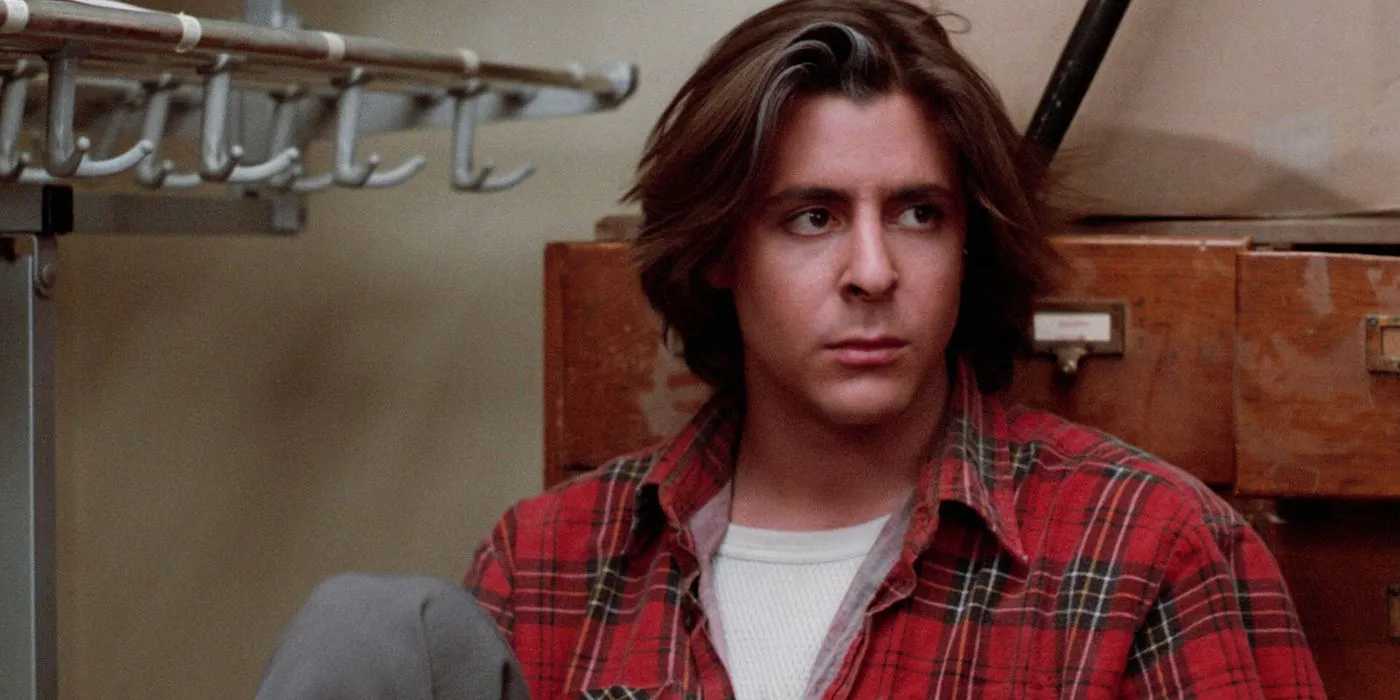
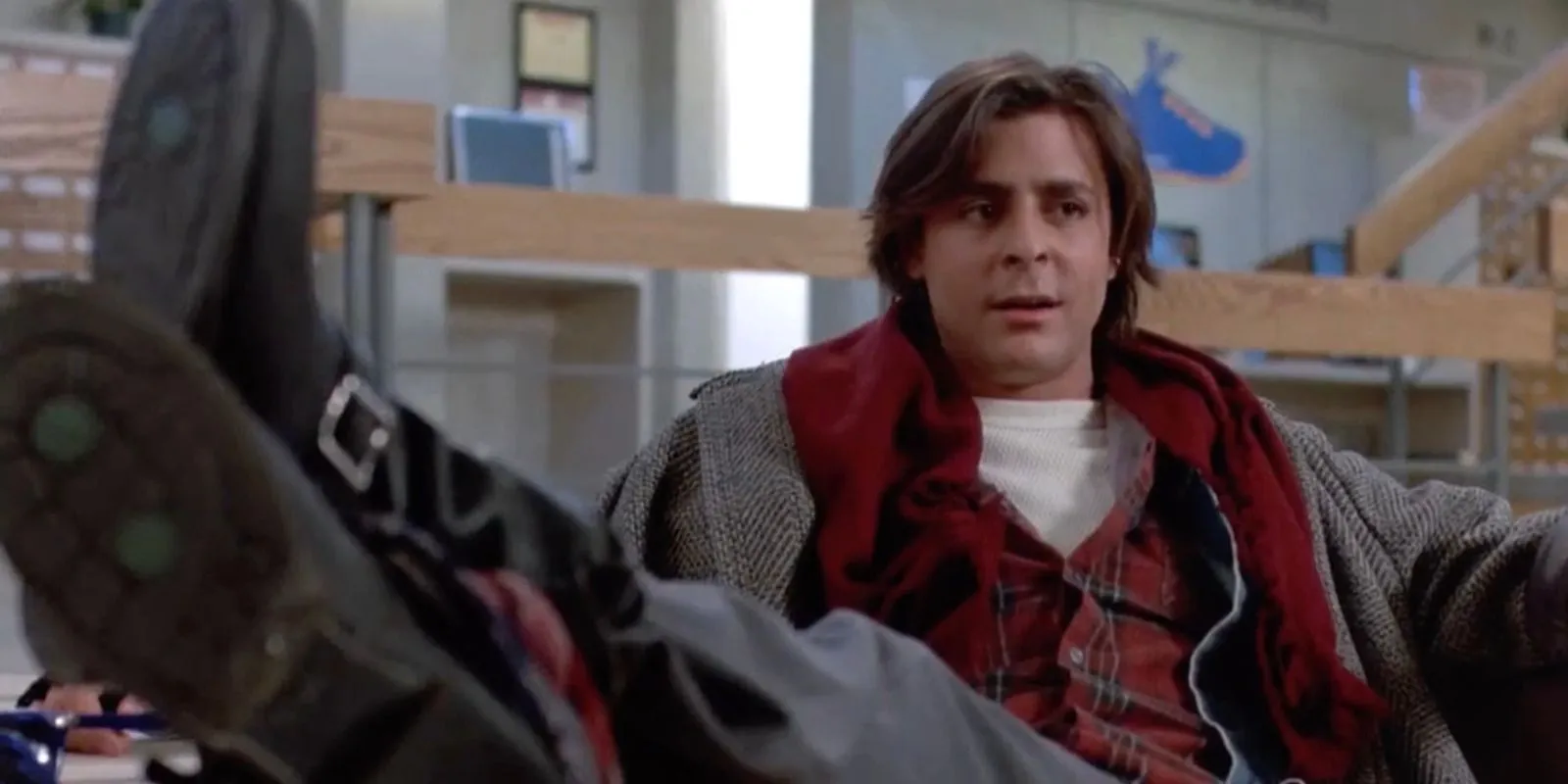
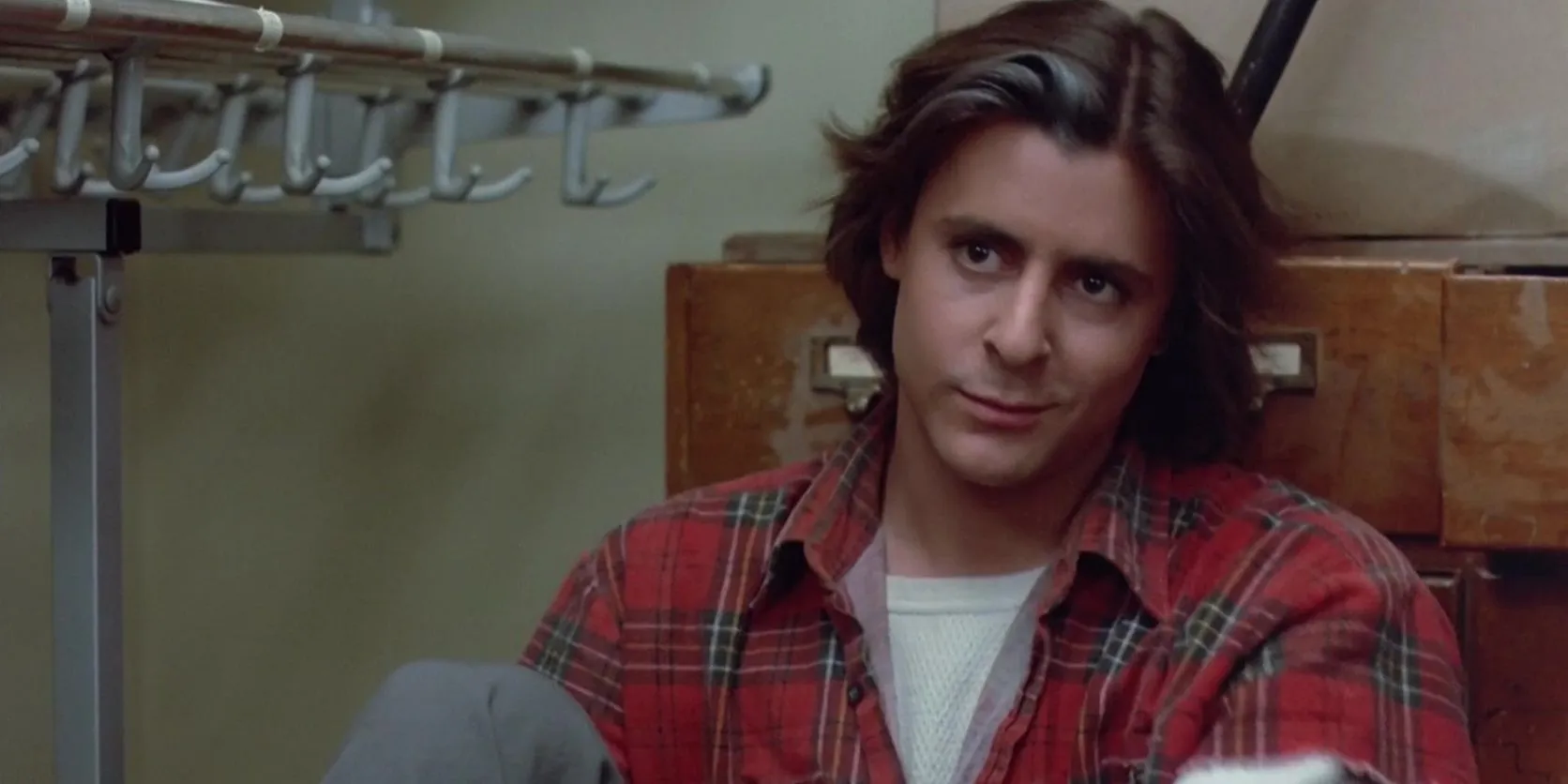
As Bender, the film’s most memorable character, crawls through air ducts, he starts telling a joke but is interrupted before delivering the punchline. The setup is risque: “A naked blonde walks into a bar with a poodle under one arm and a two-foot salami under the other. The bartender says, ‘So, I don’t suppose you’d be needing a drink?’ The naked lady says…” The absence of a punchline adds layers to this moment. This improvised joke by Judd Nelson purposely leaves listeners in suspense, emphasizing Bender’s unpredictable nature.
Controversial Conclusions: Allison’s Transformation
A Makeover and Its Implications
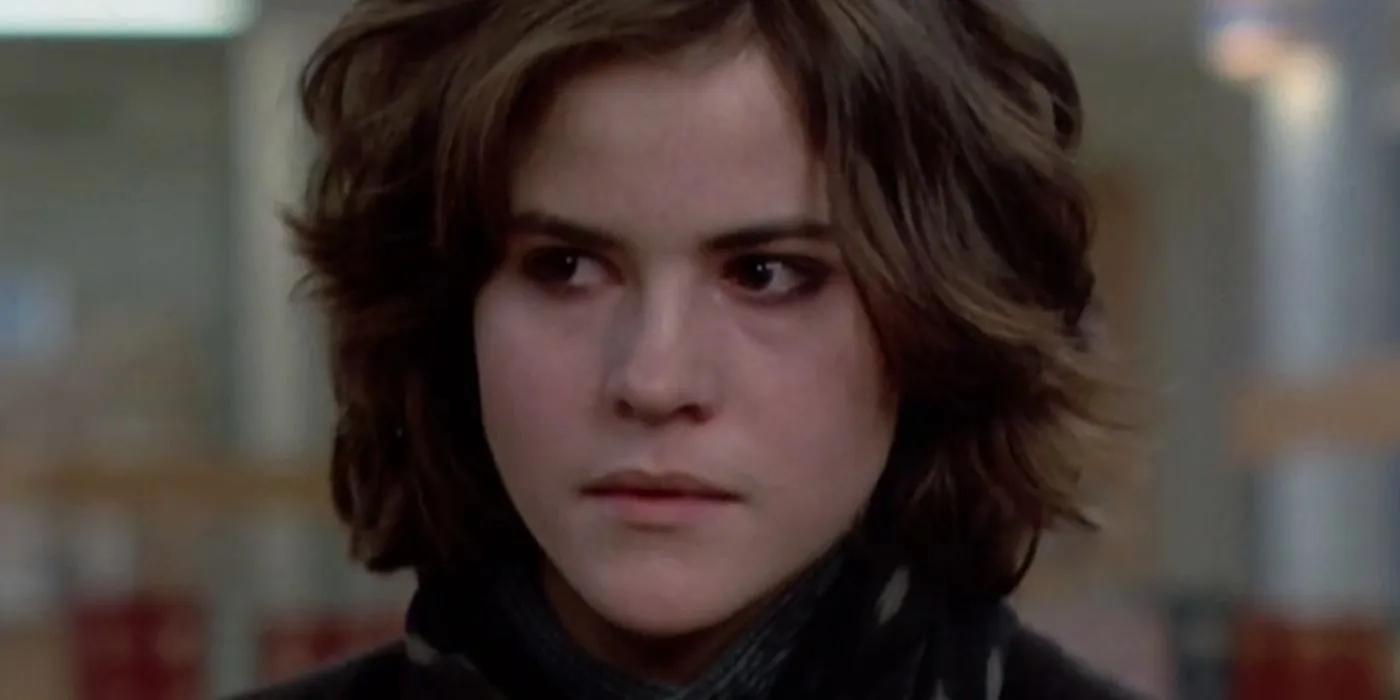
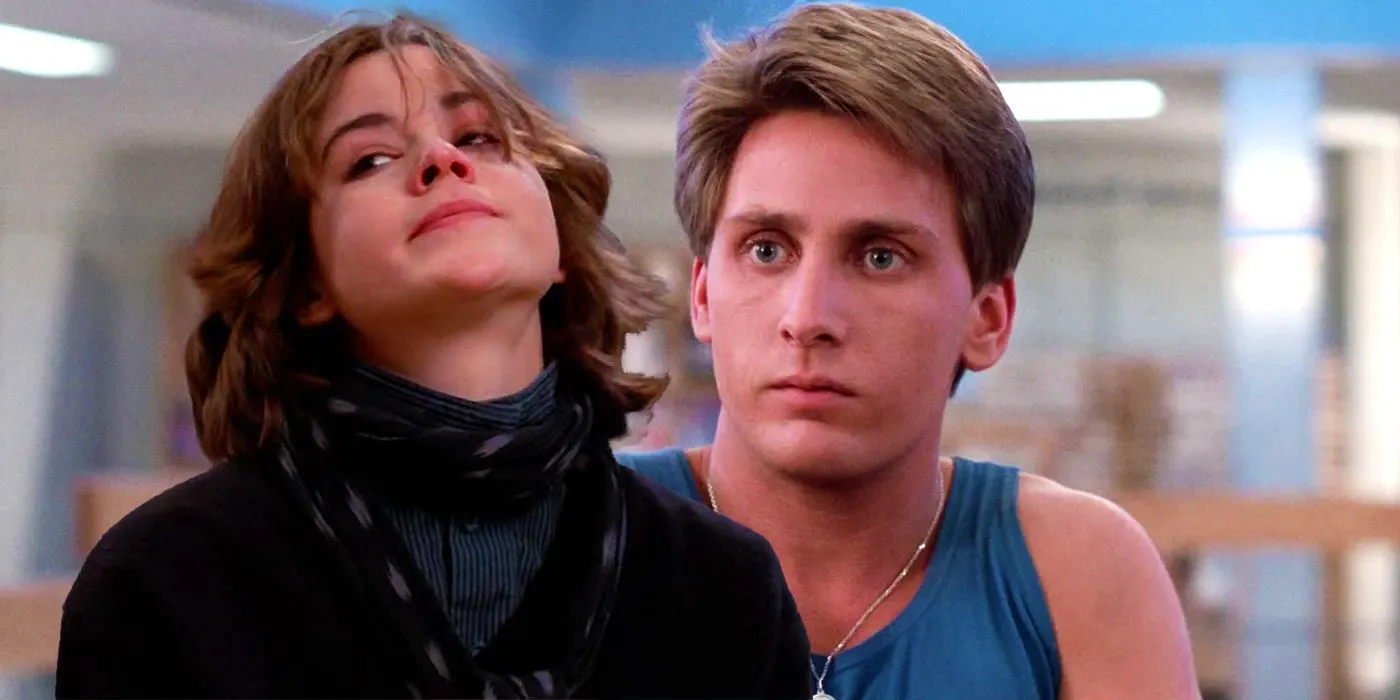
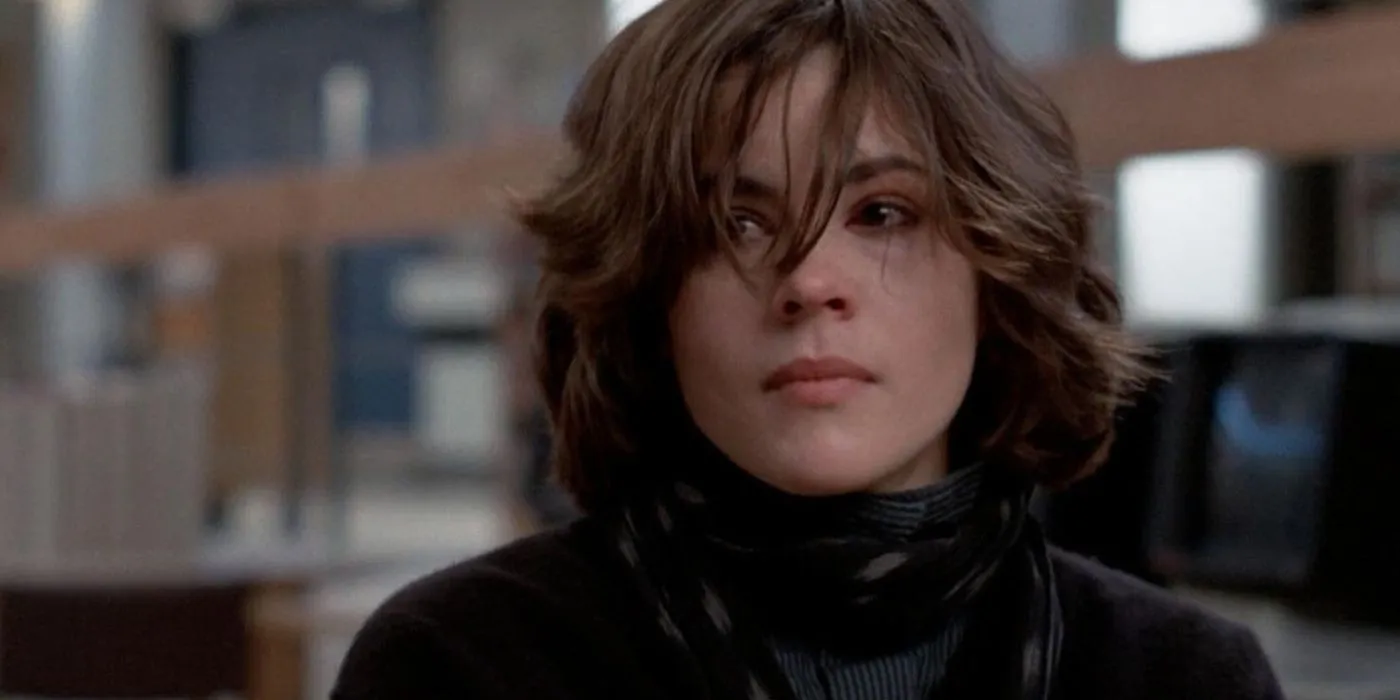
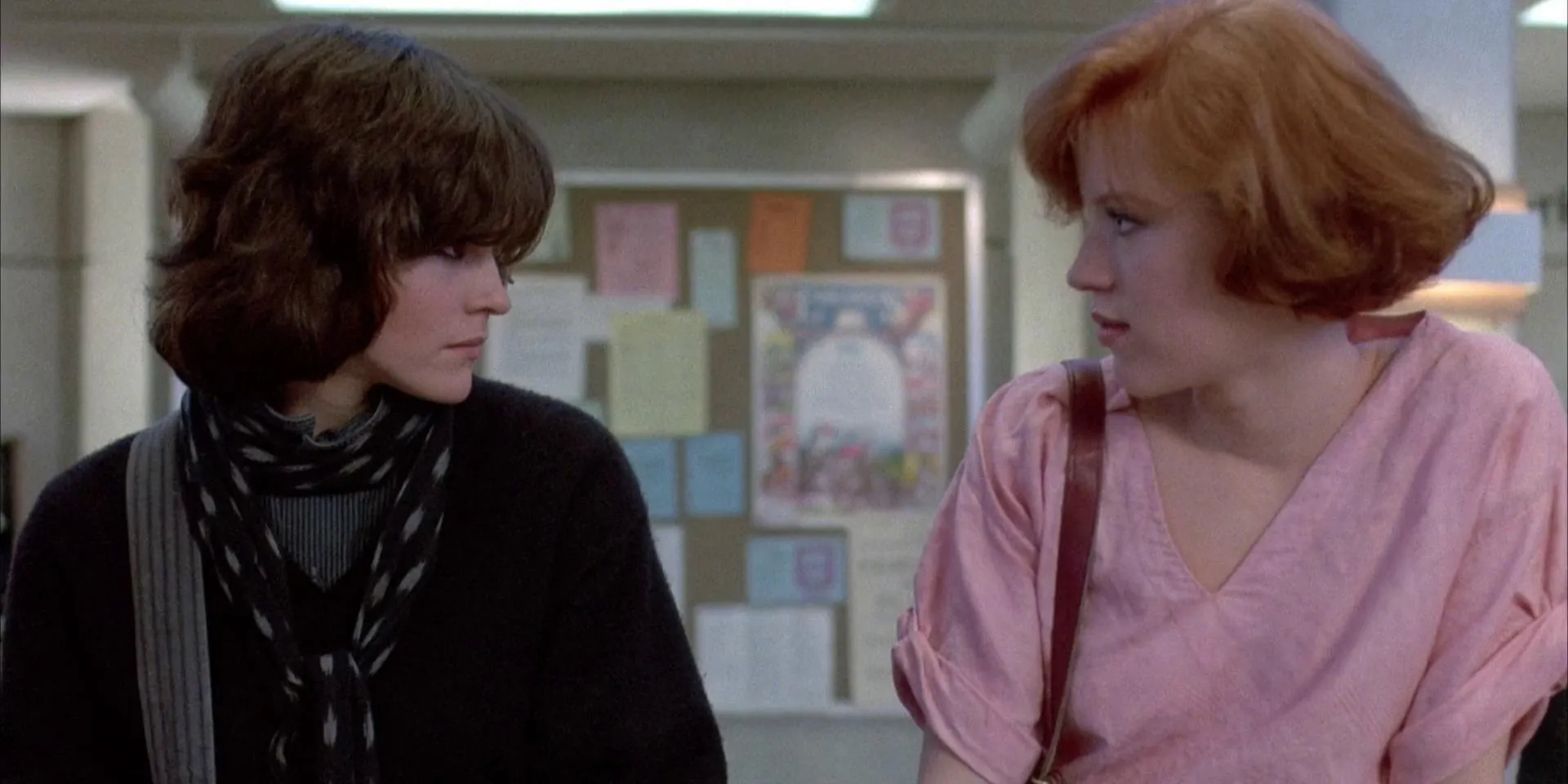
While the characters in The Breakfast Club generally experience closure, Allison’s conclusion has sparked debates. As Claire sheds her innocent image and Andrew breaks free from paternal expectations, Brian concludes the narrative with his essay. However, Allison’s abrupt transformation, facilitated by Claire’s makeover, feels hastily conceived. This portrayal suggests that societal validation hinges on conventional attractiveness, sending a problematic message to audiences.
Bender’s Iconic Fist Pump
A Moment of Liberation
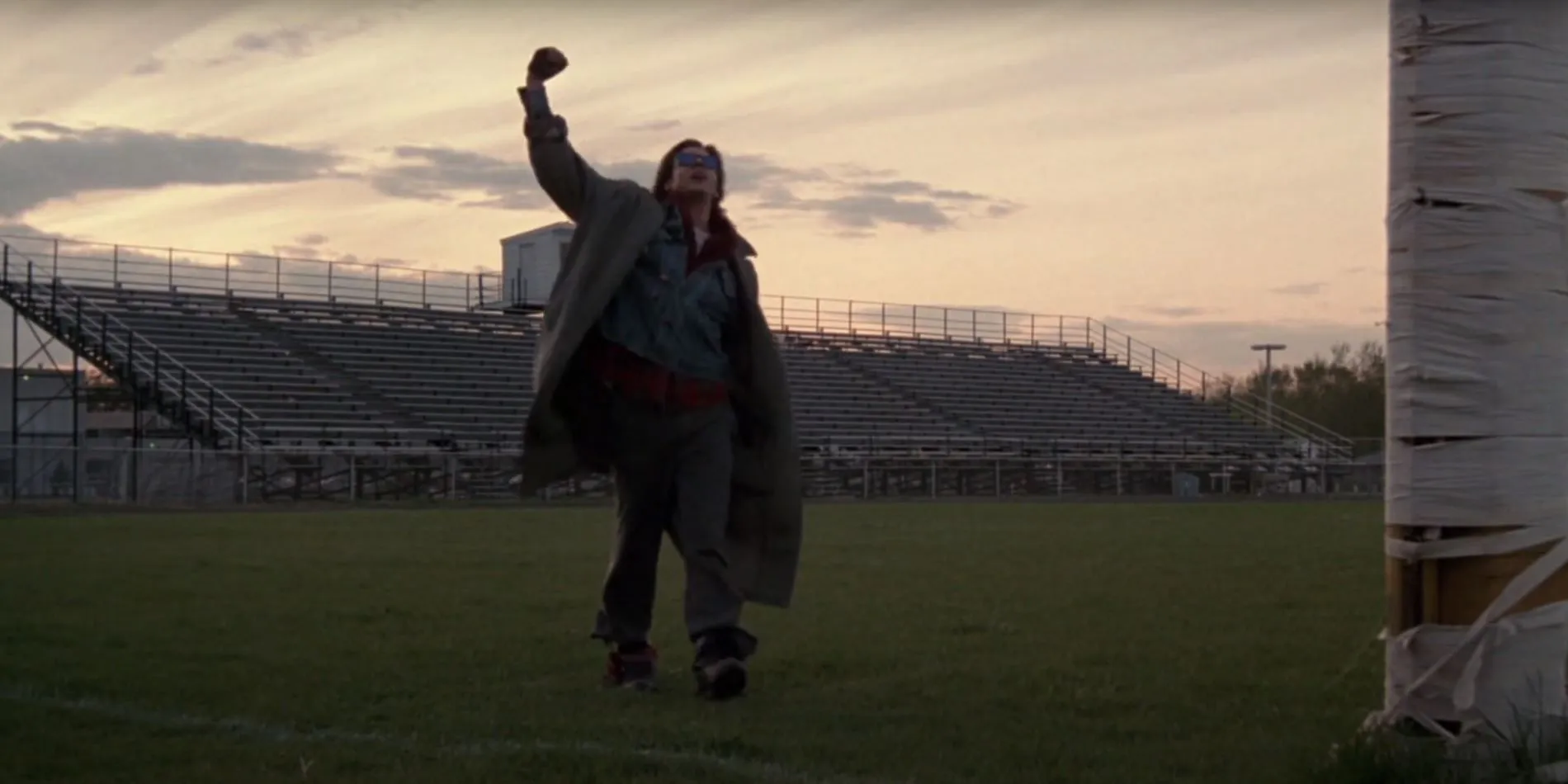
In the film’s concluding moments, Bender triumphantly raises his fist in the air as he strides across the football field. This gesture symbolizes profound character growth; through his friendships with diverse individuals, he has shed the limitations imposed by his troubled upbringing. By asserting this iconic pose, Bender encapsulates the realization that he is no longer defined by his past struggles and has embraced his newfound sense of community.
Interpreting “Don’t You (Forget About Me)”
The Role of Simple Minds
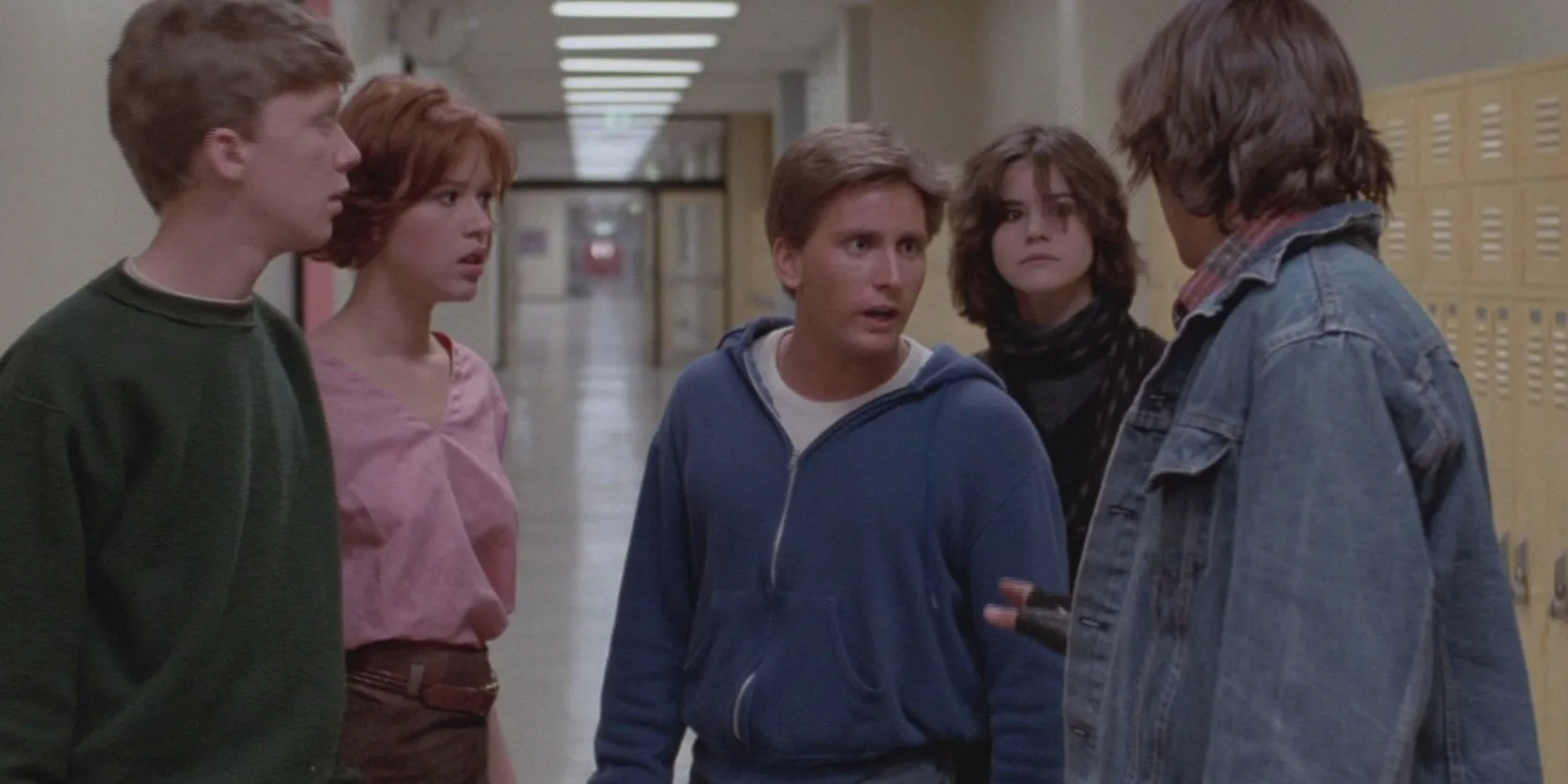
The film concludes with one of the most iconic songs in cinema history, as Simple Minds’ “Don’t You (Forget About Me)” plays during the end credits. John Hughes strategically selected this track, as its lyrics mirror the characters’ aspirations. This anthem, which topped the Billboard Hot 100, symbolizes the desire for deeper connections rather than reverting to superficial high school cliques.
Speculations About Monday’s Outcomes
Potential Outcomes for the Characters
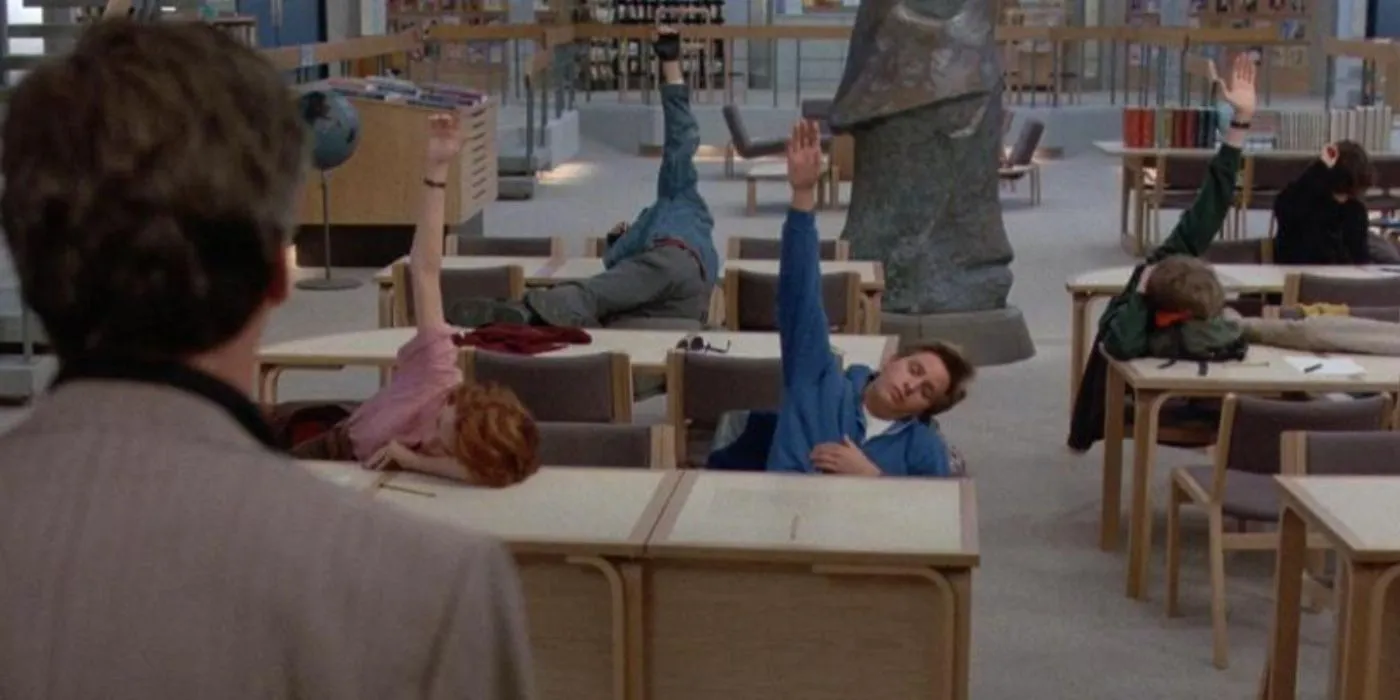
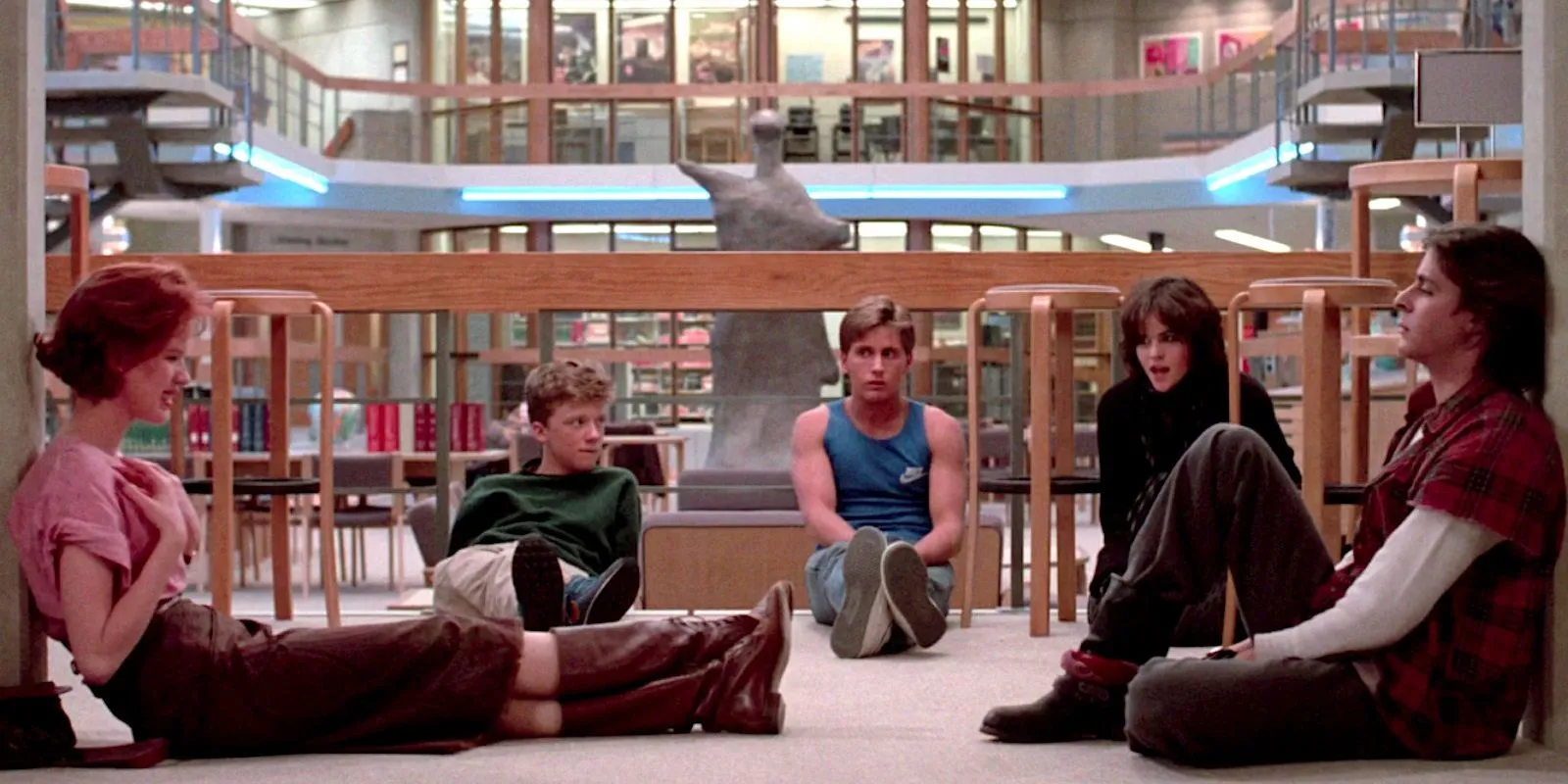
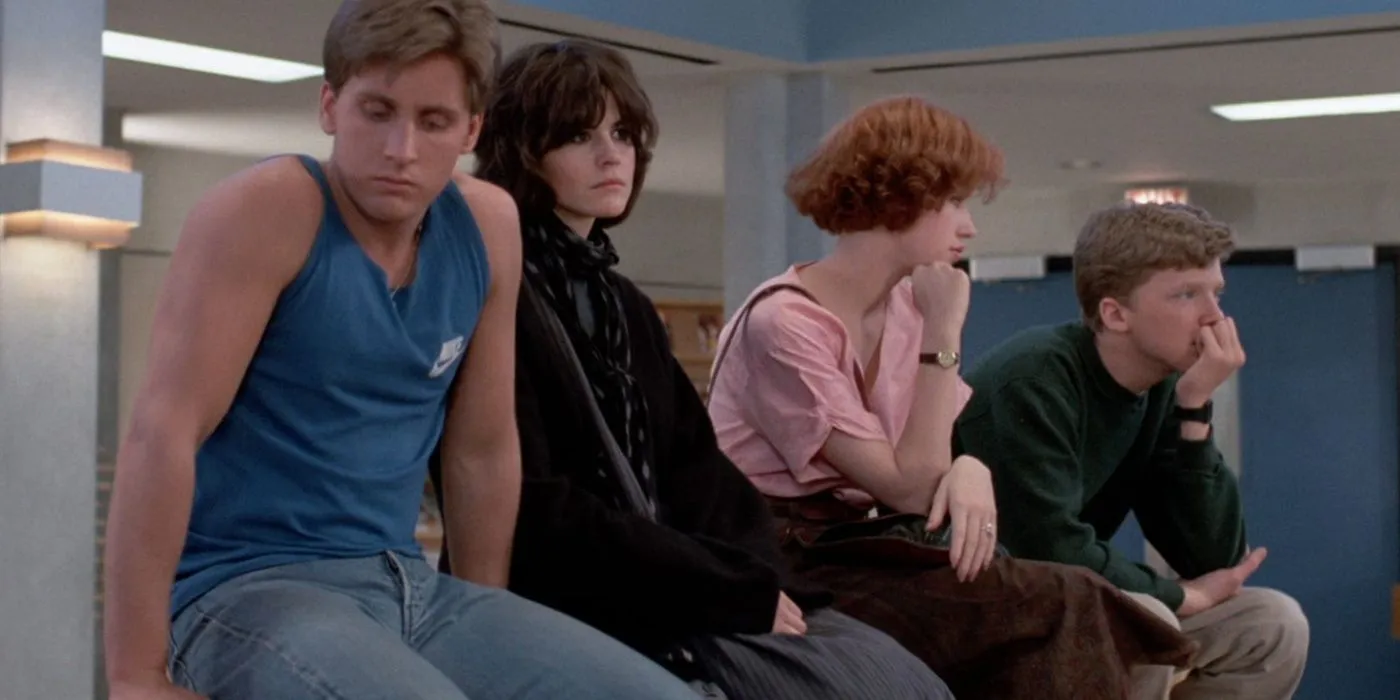
The Breakfast Club’s ending remains deliberately ambiguous regarding the fates of its characters as they return to school. They could either slip back into their established social roles or forge a new path by maintaining their friendships. Most likely, they would keep their interactions discreet during school hours, only reconnecting during Saturday detentions to nurture their camaraderie.
The Unmade Sequel’s Premise
Hughes’s Vision for a Sequel
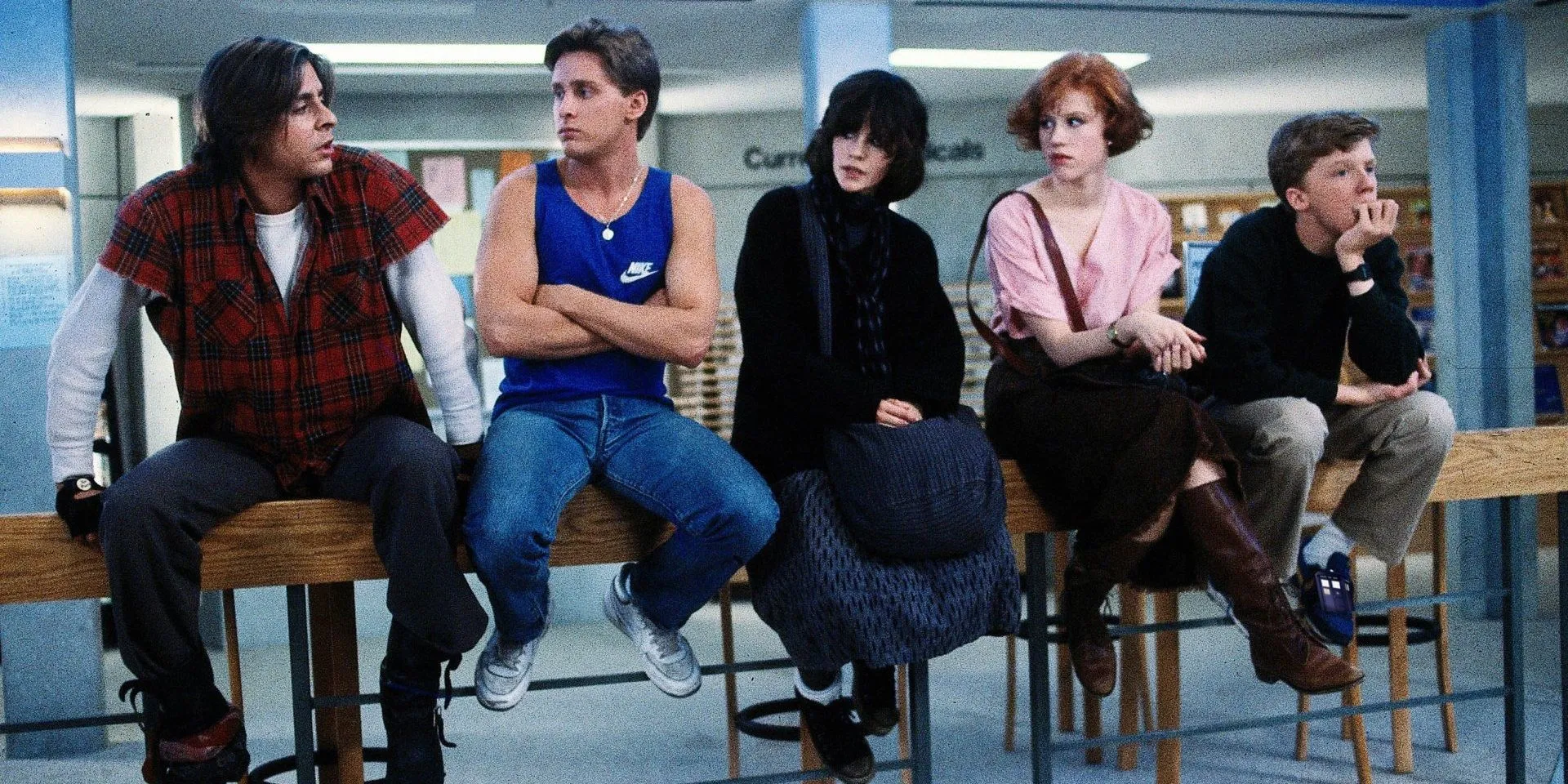
Although an official sequel to The Breakfast Club has never materialized, John Hughes harbored ambitions to revisit the characters at a different stage in their lives. Anthony Michael Hall recounted:
“[Hughes] did mention the potential of doing a sequel to The Breakfast Club. It would have been all of us in our middle age. His idea was to pick up with them in their 20s or 30s” (source: MovieWeb).
With Hughes’s passing in 2009, the realization of The Breakfast Club 2 seems unlikely. Nonetheless, in the wake of ’80s nostalgia heavily influencing contemporary cinema, the idea of revisiting this film is not entirely out of reach.
Understanding the True Meaning of The Breakfast Club’s Conclusion
Rejecting Stereotypes
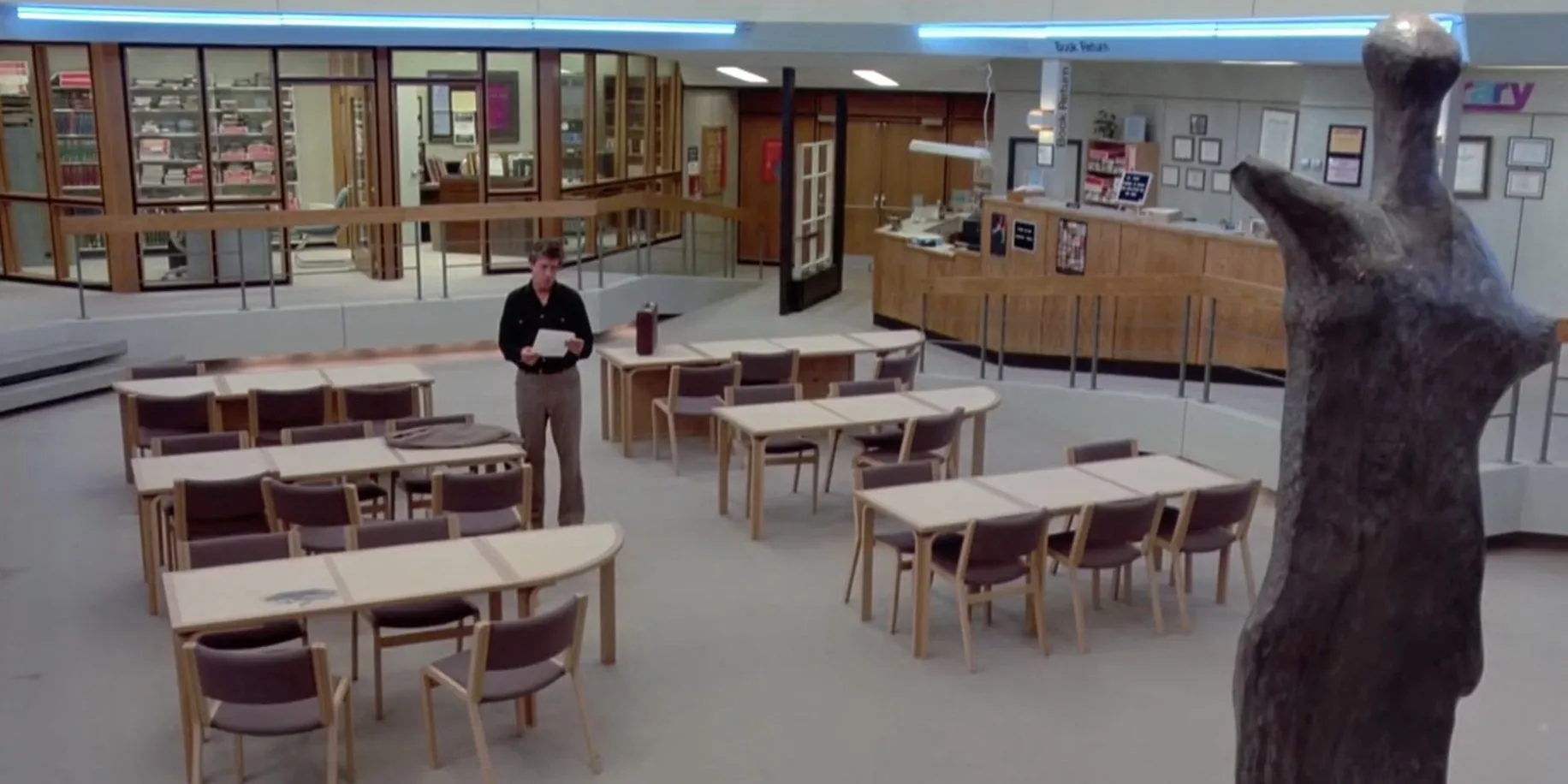
The Breakfast Club epitomizes the adolescent struggle for identity amidst societal pressures that impose narrow labels. Brian’s essay resonantly illustrates the connections formed among the characters, underscoring their realization of shared human experiences.
No character is confined to a simplistic stereotype—brain, athlete, basket case, princess, or criminal. People possess intricate and multifaceted identities, yet these complexities are frequently overlooked by society. Brian’s essay serves as a powerful rebuttal to Mr. Vernon’s attempts to pigeonhole them.
A Darker Alternate Ending
An Alternative Narrative Conclusion
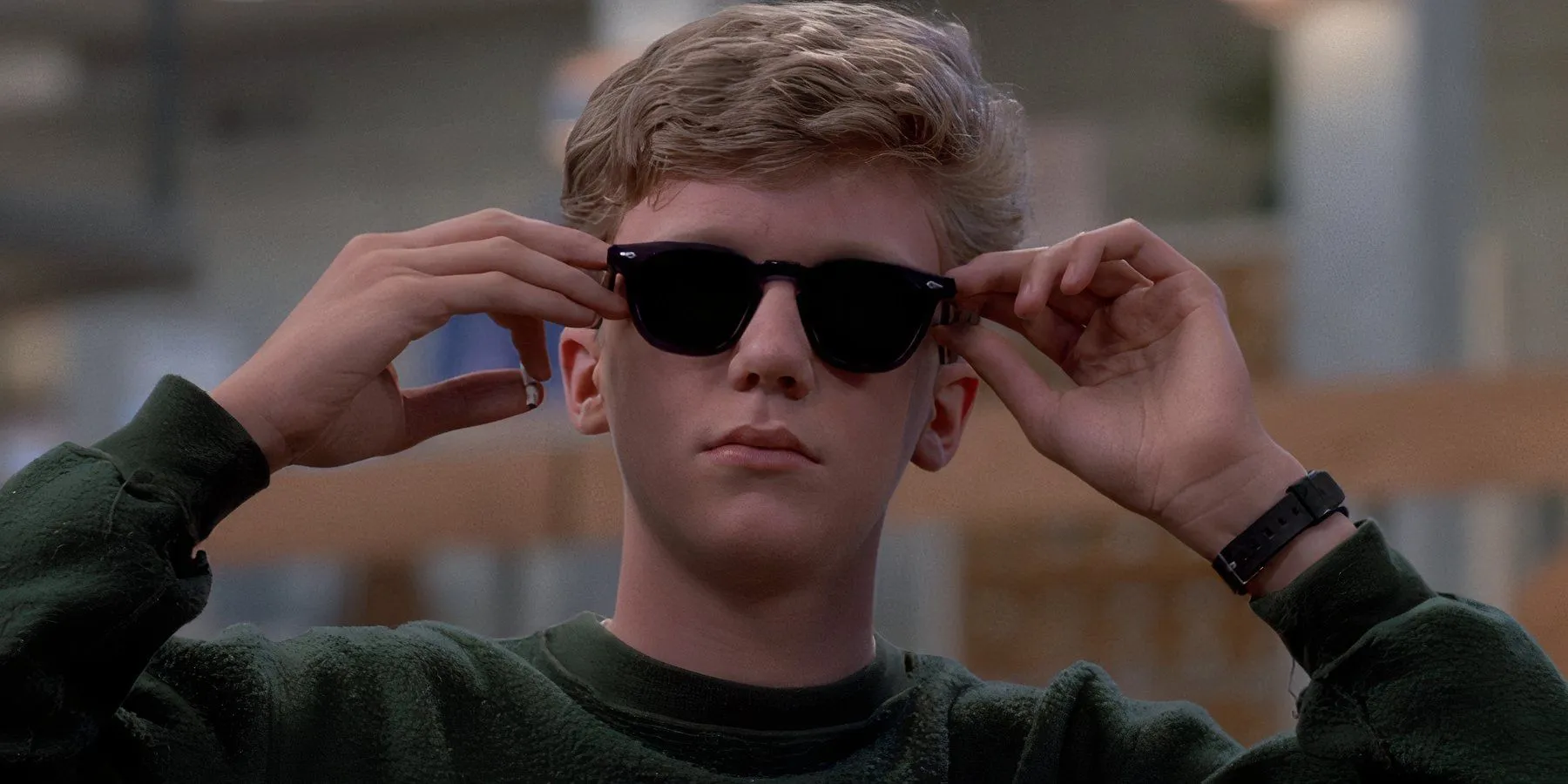
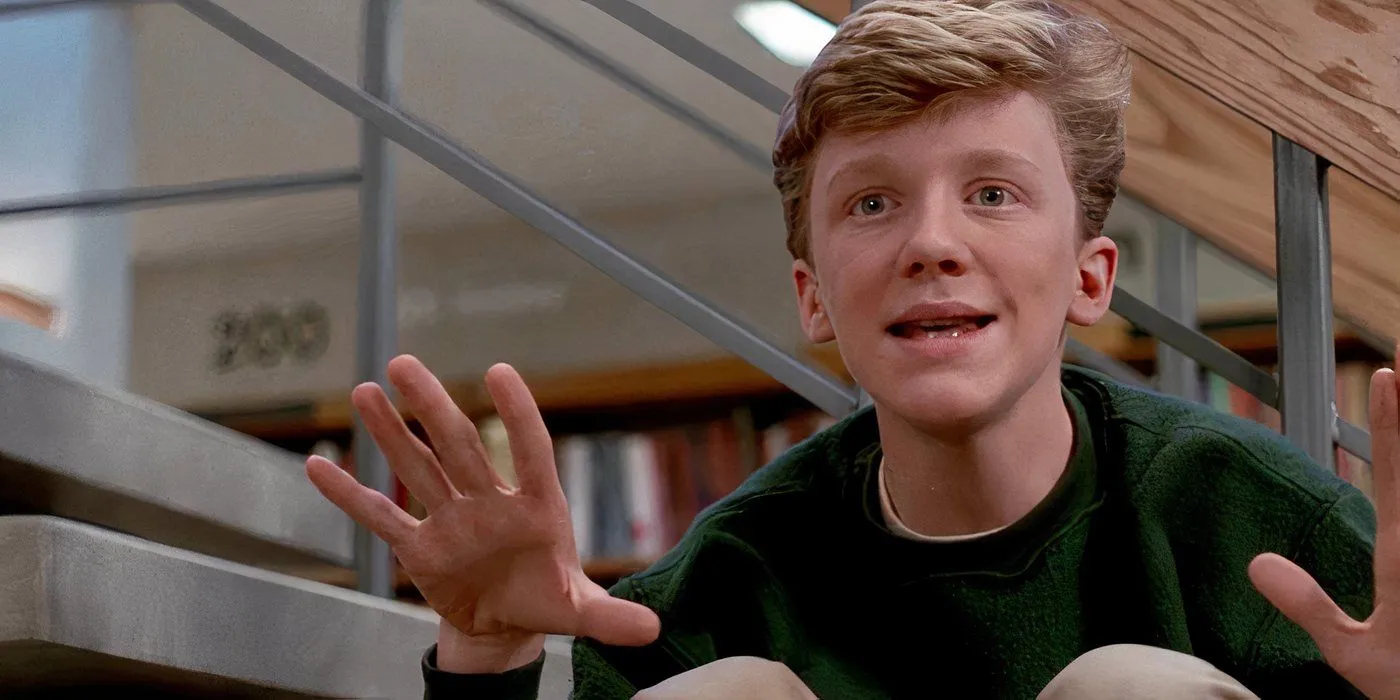
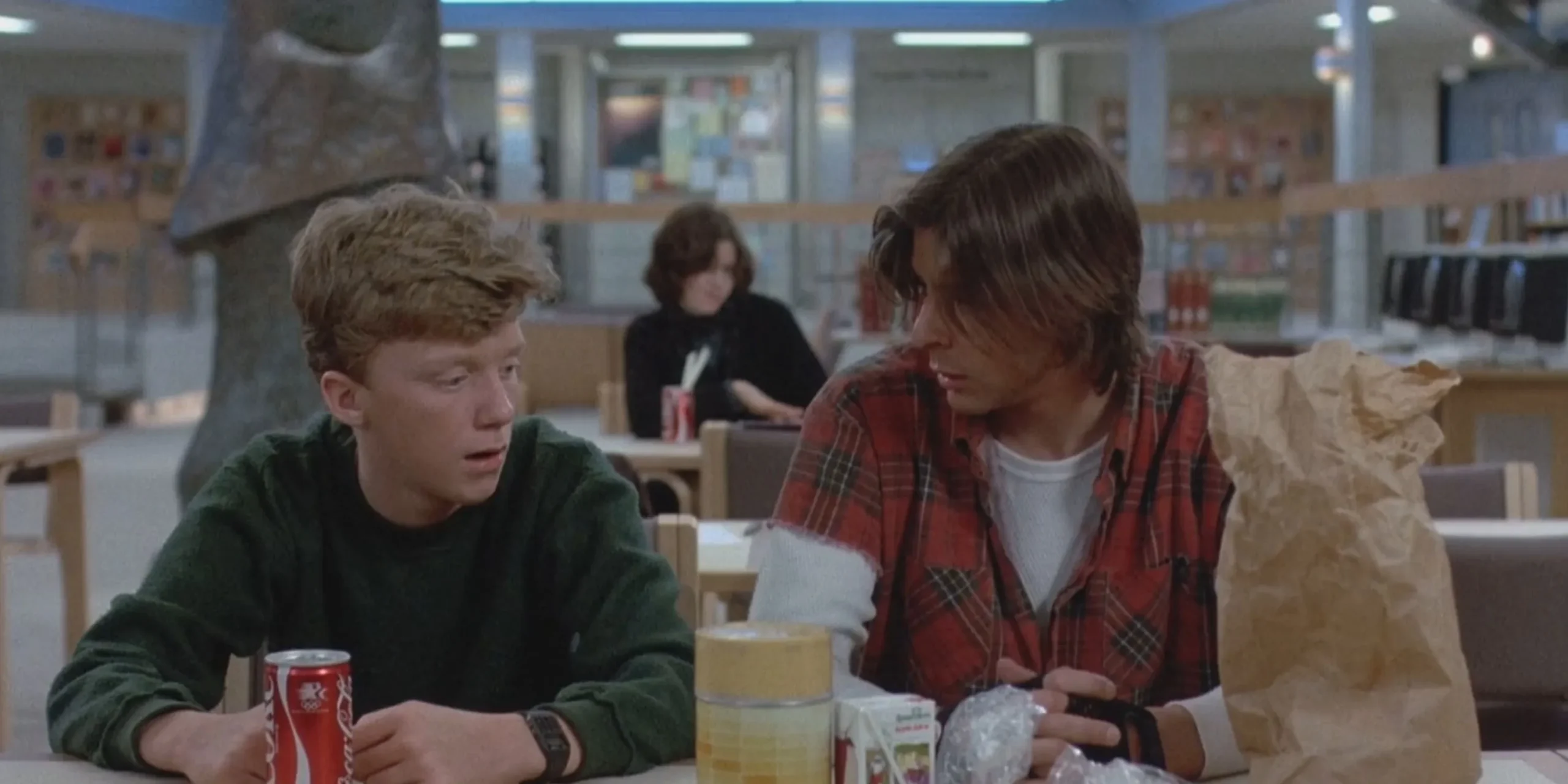
Despite the lack of a sequel, there were once plans for a distinctly different conclusion to The Breakfast Club. Insights from John Kapelos, who portrayed Carl the janitor, reveal that Hughes considered including scenes depicting the bleak futures of the characters (source: Reuters).
Originally, Brian would have become a stockbroker who suffered a heart attack at 35, Claire’s trajectory would lead her to become a housewife, and Bender would find his fate behind bars. Had Hughes pursued this somber narrative, the film’s legacy would likely have changed significantly. Instead, the optimistic undertone offers hope for the characters, encouraging acceptance of oneself and others.
Reception of The Breakfast Club’s Ending
A Cinematic Icon
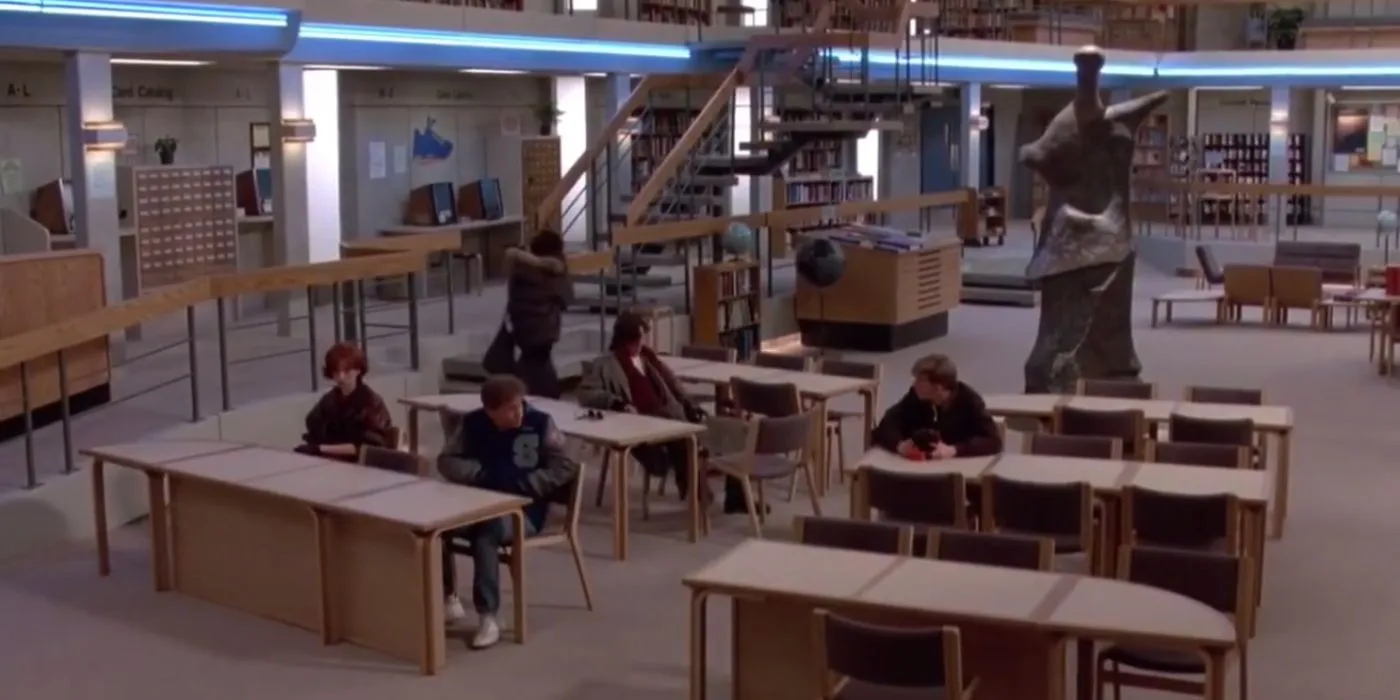
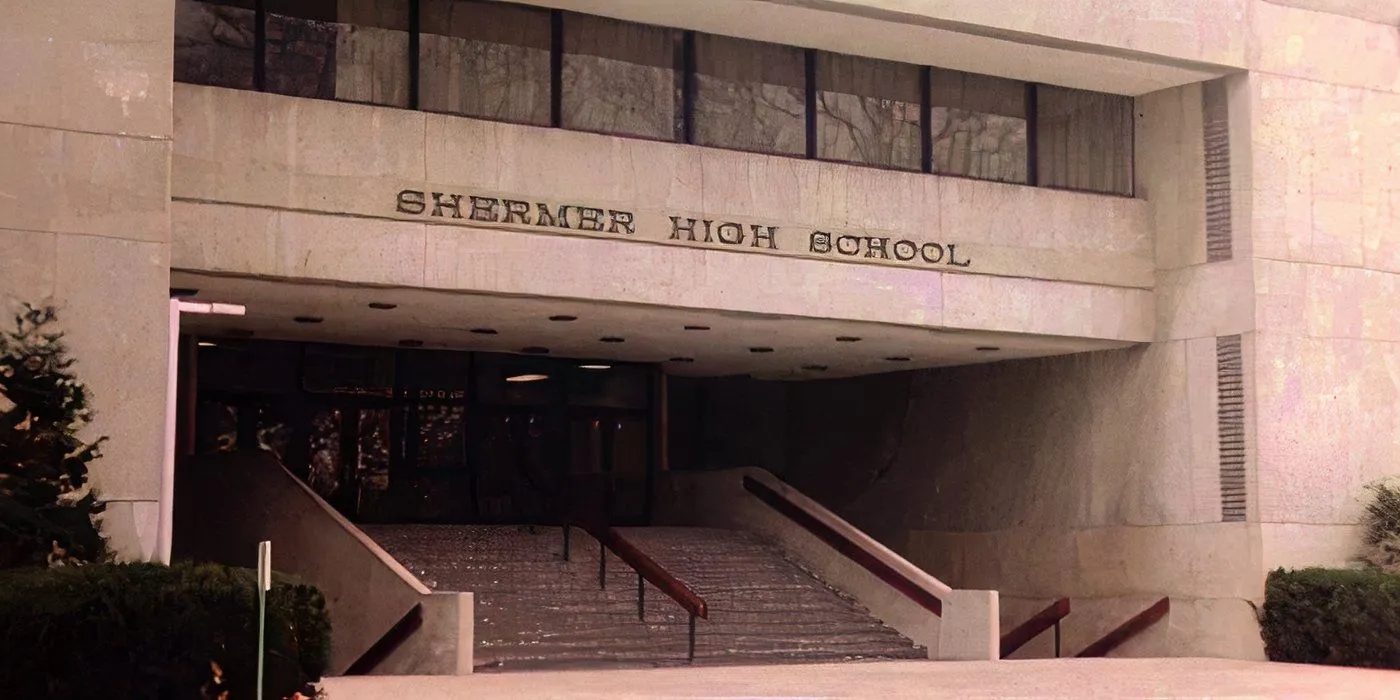
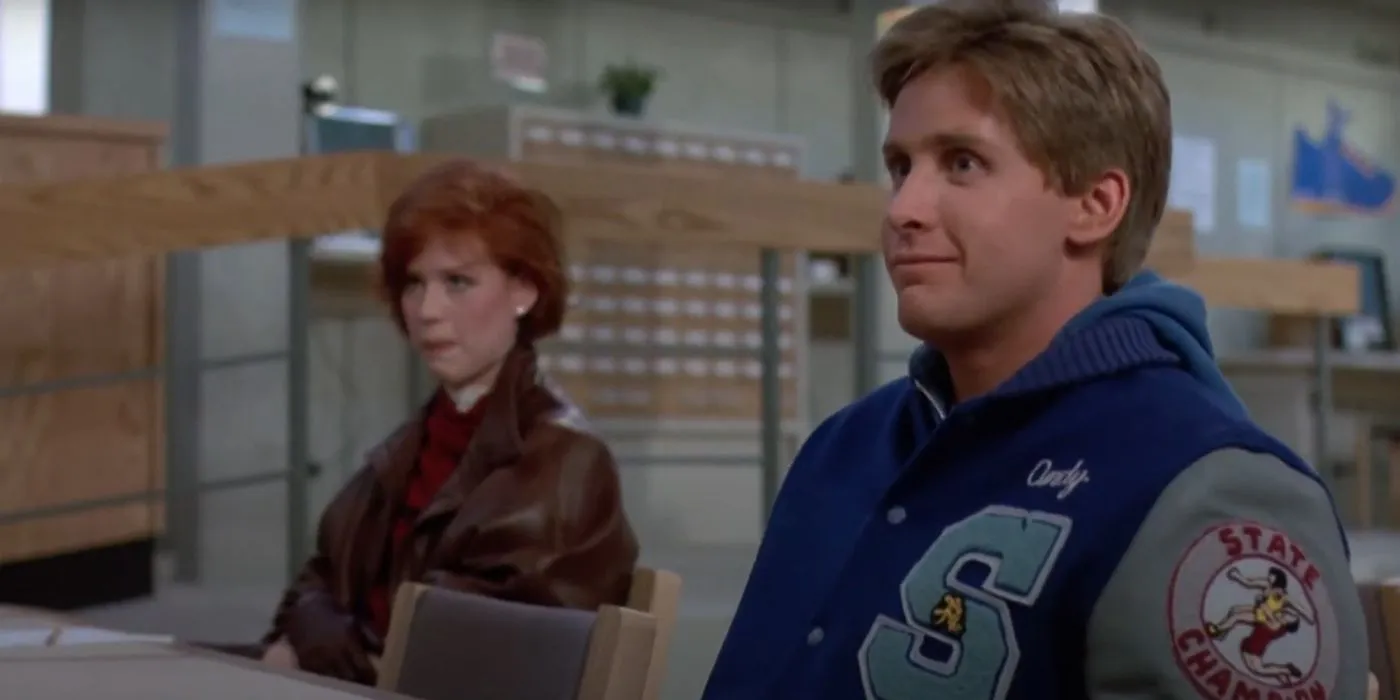
The Breakfast Club is widely regarded as a landmark film, and its ending plays a pivotal role in this admiration. The freeze-frame of Bender’s triumphant fist pump is perhaps one of the most recognizable moments in cinematic history. As highlighted by Slashfilm:
It’s very possible that many fans of “The Breakfast Club”cannot listen to Simple Minds’s “Don’t You (Forget About Me)”without throwing in a fist pump or two for good measure, and that famous scene definitely solidified Bender as one of the coolest and most bad ass characters in the entire film.
This particular conclusion has been celebrated for its success in wrapping up the character arcs while also leaving room for discourse. Although many perceive The Breakfast Club’s ending as a time of celebration, it can equally be interpreted as bittersweet. According to the BFI, the implications of these new friendships may be ephemeral:
“But it’s notably unclear whether these are a reminder not to fall back into old ways, or a souvenir from a fleeting moment in time. Earlier, Claire speculates that none of these new bonds will be able to survive the scrutiny of their peers; while she is derided for her comments, she likely gives voice to an uncomfortable truth. Framed in this way, those Simple Minds lyrics seem to take on a pleading air: “Will you recognise me? Call my name or walk on by?” That this detention may be a respite and not a revolution is an idea encapsulated by that freeze-frame, that slow fade. The future is far from certain.”
This audacious conclusion has cemented The Breakfast Club as a memorable film that continues to invite reflection and discussion.




Leave a Reply